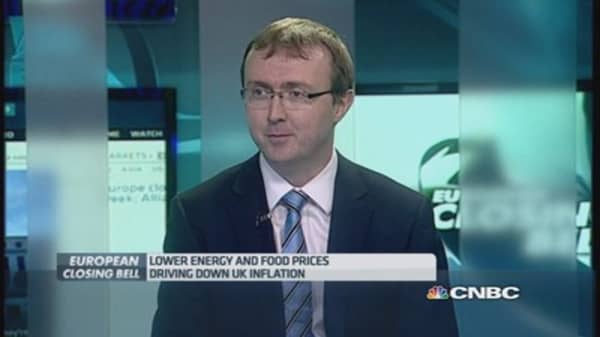In Alice's looking-glass reality, and maybe ours too, sense has become nonsense and nonsense sense – and not just because of asset bubbles.
"'The question' said Humpty Dumpty, 'is which is to be master?'" The words or the girl?
All central bankers worry about being imprisoned by their own words. But it will be preoccupying Carney's thoughts more than ever as the Bank of England prepares its historic move to publish the minutes alongside the rate setting committee's decision, due to begin in August.
Read MoreSoros: ECB QE means inequality and asset bubbles
The frenzied over-analysis of the U.S. Federal Reserve's choice of words could not have escaped his attention, with its decision to drop the phrase "considerable time" dominating newspaper columns and analysts notes. One economist complained privately that his job had morphed from monetary policy to structural linguistics.
Back in March 2011, Jean-Claude Trichet, the then president of the European Central Bank (ECB) got hemmed in by his own verbal signaling. Ironically, it was one of his favourite catch phrases: "strong vigilance". It eventually forced his hand into making an ill-advised rate hike from 1 percent to 1.25 percent despite a deteriorating economic climate, duly sending the euro zone into recession.
Of course, the ECB's current boss, Mario Draghi, understands Humpty Dumpty's lesson about making words perform the exact meaning one wants, though 1.1 trillion euro ($1.25 trillion) of QE and a crisis in Greece might now fully test "whatever it takes".




